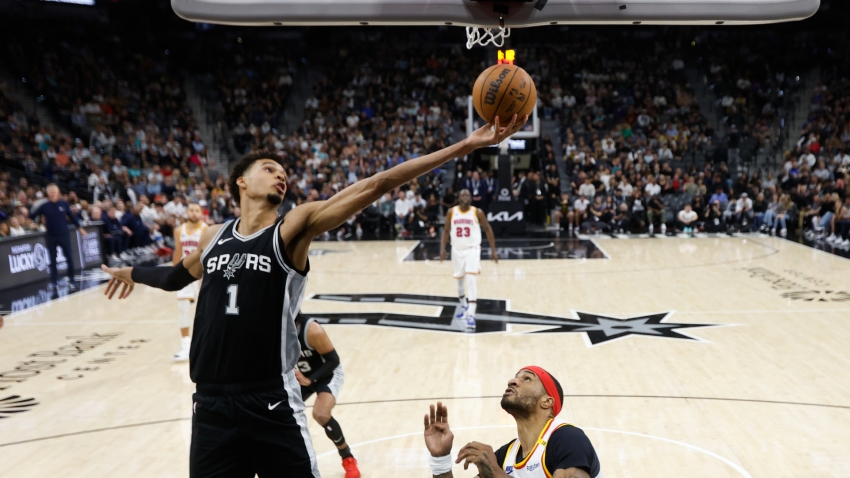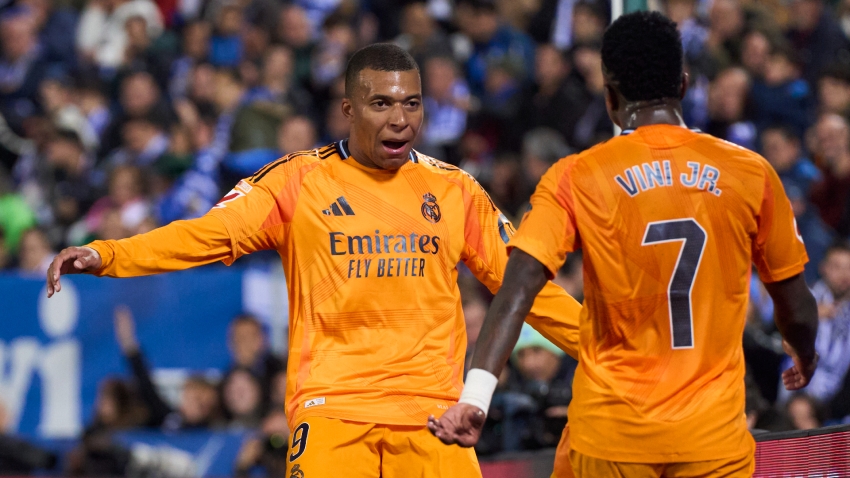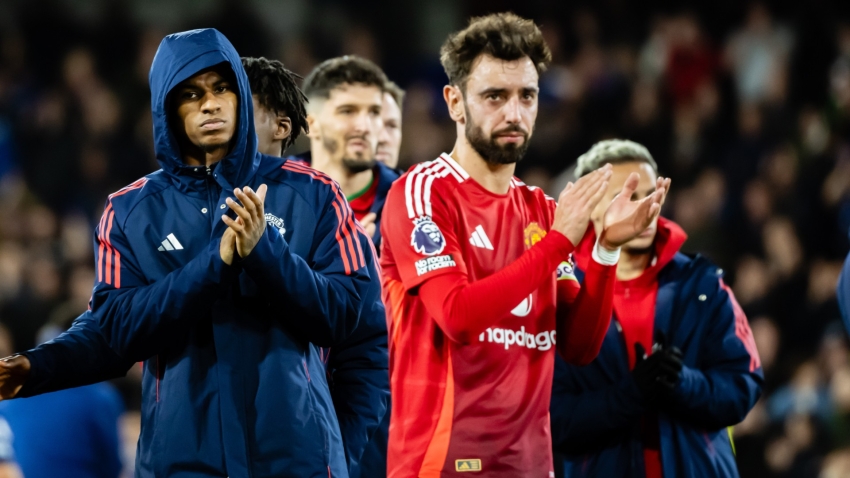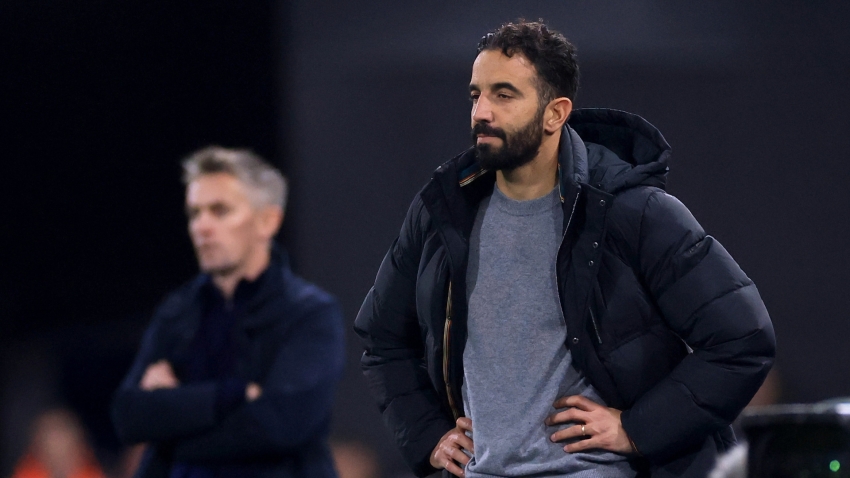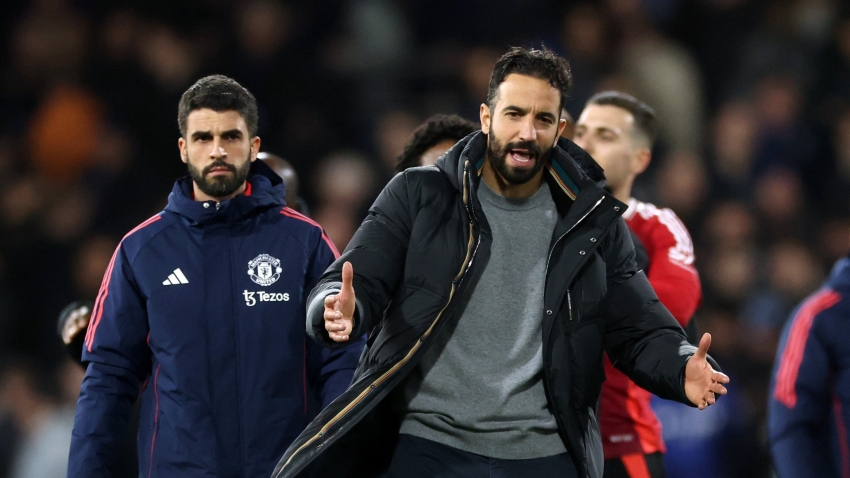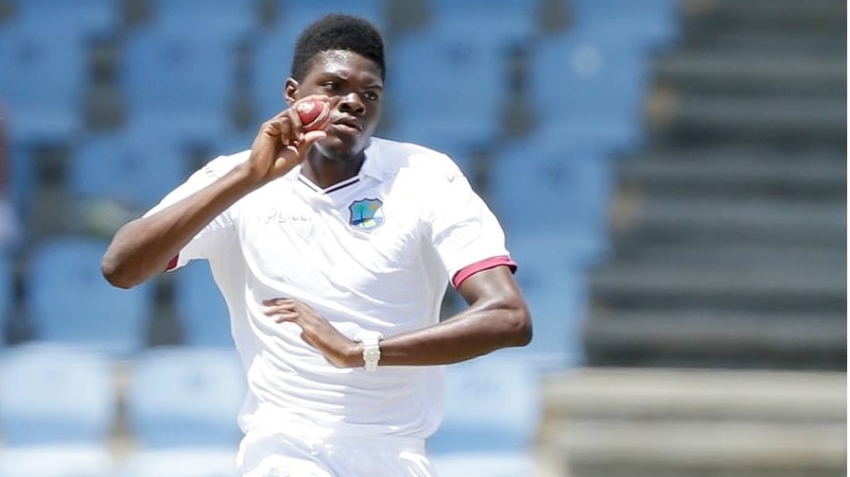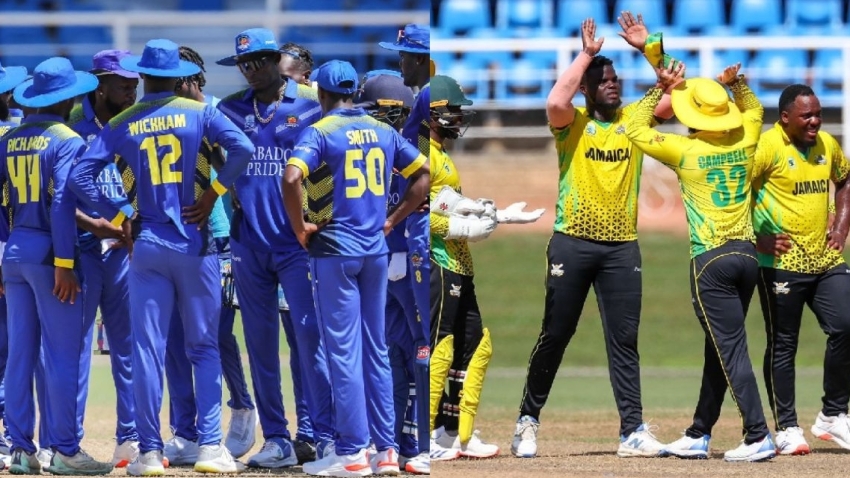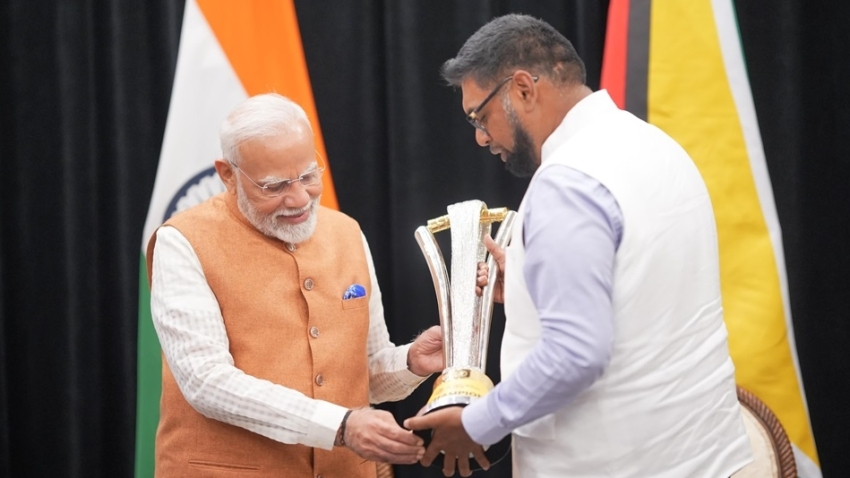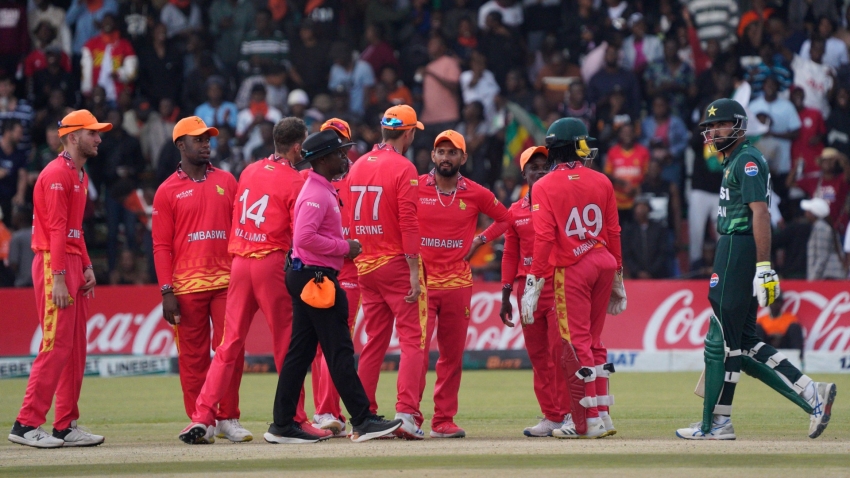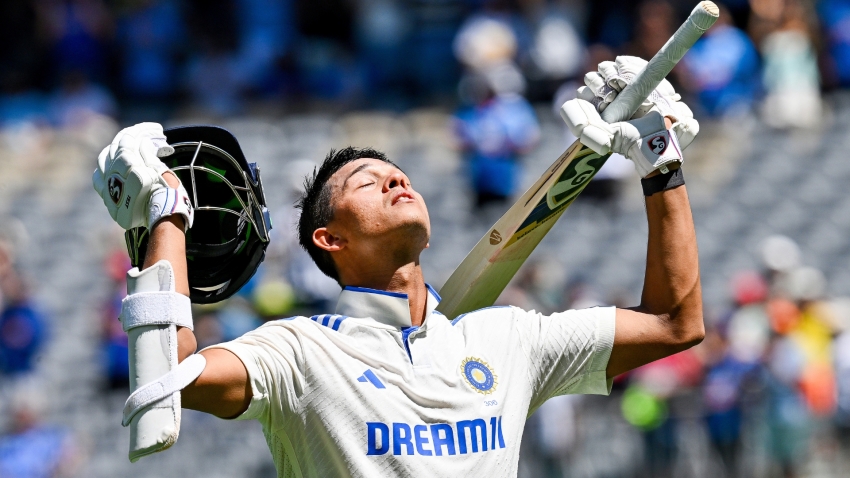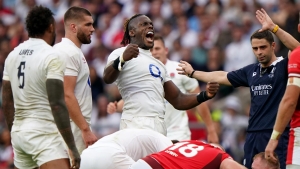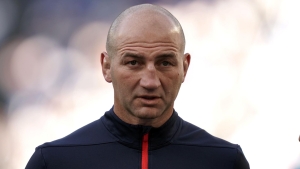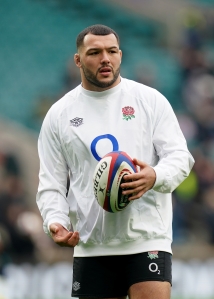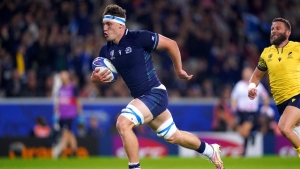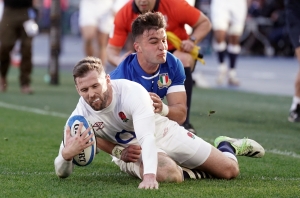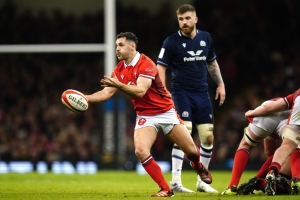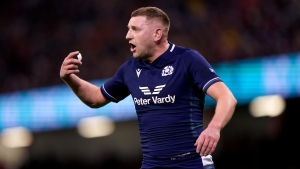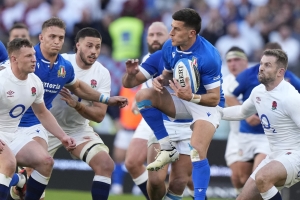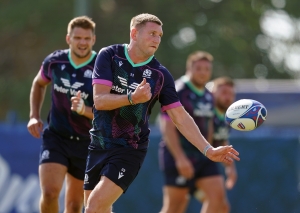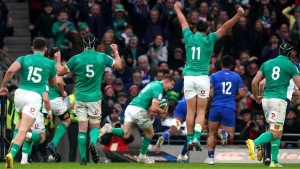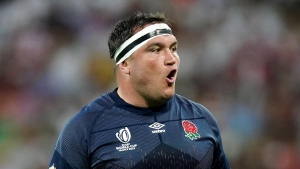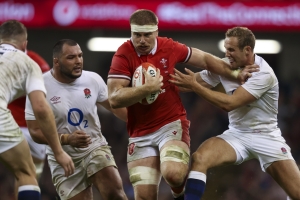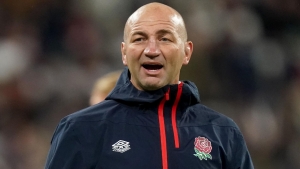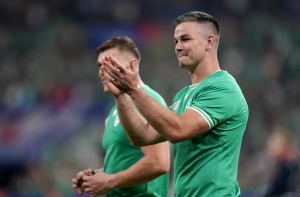The Rugby World Cup done and dusted until 2027, attention now turns to this season’s Guinness Six Nations and a battle for European supremacy.
Ireland and France, who meet in the competition’s opening game, are favourites for silverware, while a host of new captains include England hooker Jamie George, Wales lock Dafydd Jenkins and Ireland flanker Peter O’Mahony.
Here, the PA news agency looks at some key talking points ahead of the tournament.
No Owen Farrell for new-look England
England will head into the Six Nations without their World Cup captain and fly-half Farrell, who has decided to miss the tournament in order to prioritise his and his family’s mental wellbeing.
Farrell’s Saracens colleague George takes over leadership duties, heading up a squad that includes Exeter pair Immanuel Feyi-Waboso and Ethan Roots among seven uncapped players, but experienced forwards Kyle Sinckler and Billy Vunipola have been left out. Italy away and Wales at home suggests England should make an unbeaten start, but life then gets infinitely tougher with Scotland at Murrayfield being followed by Ireland on home soil and France in Lyon.
The World Cup bronze medallists have their work cut out to shake up principal title contenders Ireland and France, but with players like Alex Mitchell, Henry Slade and Tommy Freeman in blistering form for their clubs, Steve Borthwick’s men could make a strong impression if everything clicks.
Big boots to fill for Ireland’s fly-halves
Andy Farrell’s approach with reigning Grand Slam champions Ireland is very much evolution, not revolution following 29 wins from their last 32 fixtures. Farrell has retained 26 of the 33 players he took to the World Cup, with the alterations all enforced due to injuries and retirements.
Yet the major transition facing Farrell is undoubtedly in the most influential position. Johnny Sexton’s departure has left a void at fly-half and is expected to result in Munster’s Jack Crowley being elevated to first choice. The exciting 24-year-old has impressed when selected, but just three of his nine Test outings have come as a starter.
With Ross Byrne out due to an arm issue, Crowley’s rivals – Ciaran Frawley and Harry Byrne – also lack international experience, having won only three caps combined.
All change for Warren Gatland’s Wales
Wales’ player turnaround from World Cup to Six Nations is considerable. International retirements, injuries, unavailability and selection calls mean that head coach Gatland will go into the tournament without 15 of his squad that were on duty in France.
They will be minus the services of players like NFL hopeful Louis Rees-Zammit, Liam Williams, Dan Biggar, Dewi Lake, Tomas Francis, Jac Morgan and Taulupe Faletau, with Gatland’s group including five uncapped players.
Wales kick off against Scotland in Cardiff, before successive appointments with England, Ireland and France. Gatland frequently weaves his magic and Wales often punch above their weight, but it will be a tall order for them this time around.
Scots need to banish World Cup blues
Scotland are in need of an uplifting Six Nations campaign after having the wind removed from their sails by a deflating World Cup pool-stage exit. The recently-retired Stuart Hogg is the only notable absentee from the side that generally performed well in last year’s championship, finishing as best of the rest behind the big two of Ireland and France.
Most of their pre-tournament injury concerns have cleared up, so they have the personnel to compete strongly, particularly with back quartet Blair Kinghorn, Ben White, Finn Russell and Ali Price all thriving after their recent moves to Toulouse, Toulon, Bath and Edinburgh respectively.
In a tournament where a strong start is often so crucial, much will depend on whether Gregor Townsend’s side can get off on the right foot against Wales in Cardiff, a city in which the Scots have not tasted victory for more than two decades.
Absent friends have left fond memories
While inevitable excitement surrounds the 2024 Six Nations tournament, it will unfold with some notable names missing, highlighted by France World Cup captain Antoine Dupont.
The Toulouse scrum-half will not be part of Les Bleus’ campaign after deciding to push for selection in France’s sevens squad for the Paris Olympics. Dupont is likely to take part in two World Series tournaments while the Six Nations happens, with Maxime Lucu favourite to replace him in the number nine shirt. La Rochelle number eight Gregory Alldritt is the new skipper.
Dupont’s fellow former world player of the year Sexton has retired, with another high-profile playmaker – Wales number 10 Biggar – stepping away from Test rugby, in addition to vastly-experienced England trio Courtney Lawes, Ben Youngs and Mako Vunipola.
Top referees Wayne Barnes and Jaco Peyper, meanwhile, have blown the whistle on their careers, and there will also be no Stade de France on this year’s Six Nations schedule as it is being prepared for the Olympics. France’s home games will take place in Marseille, Lille and Lyon.


